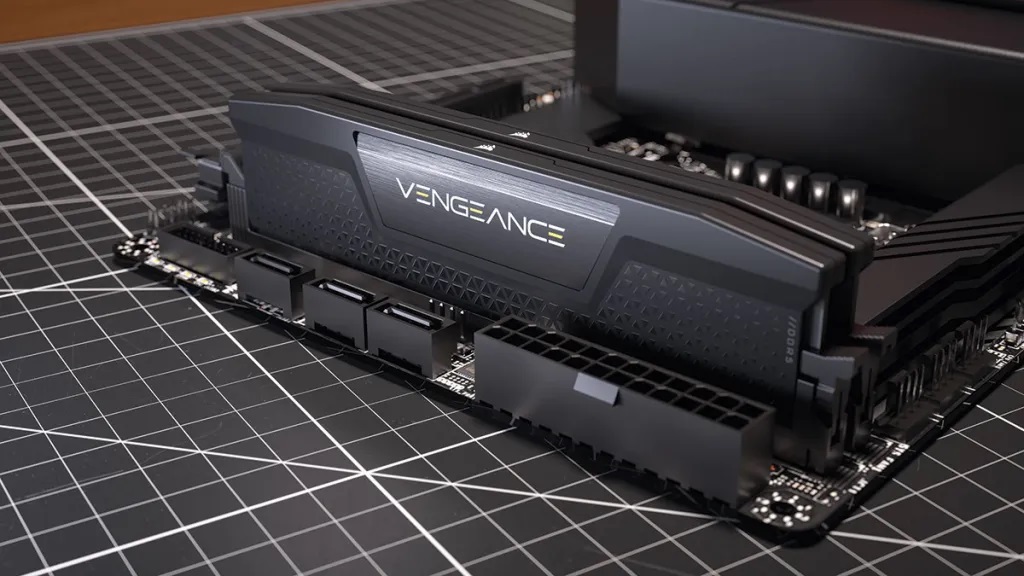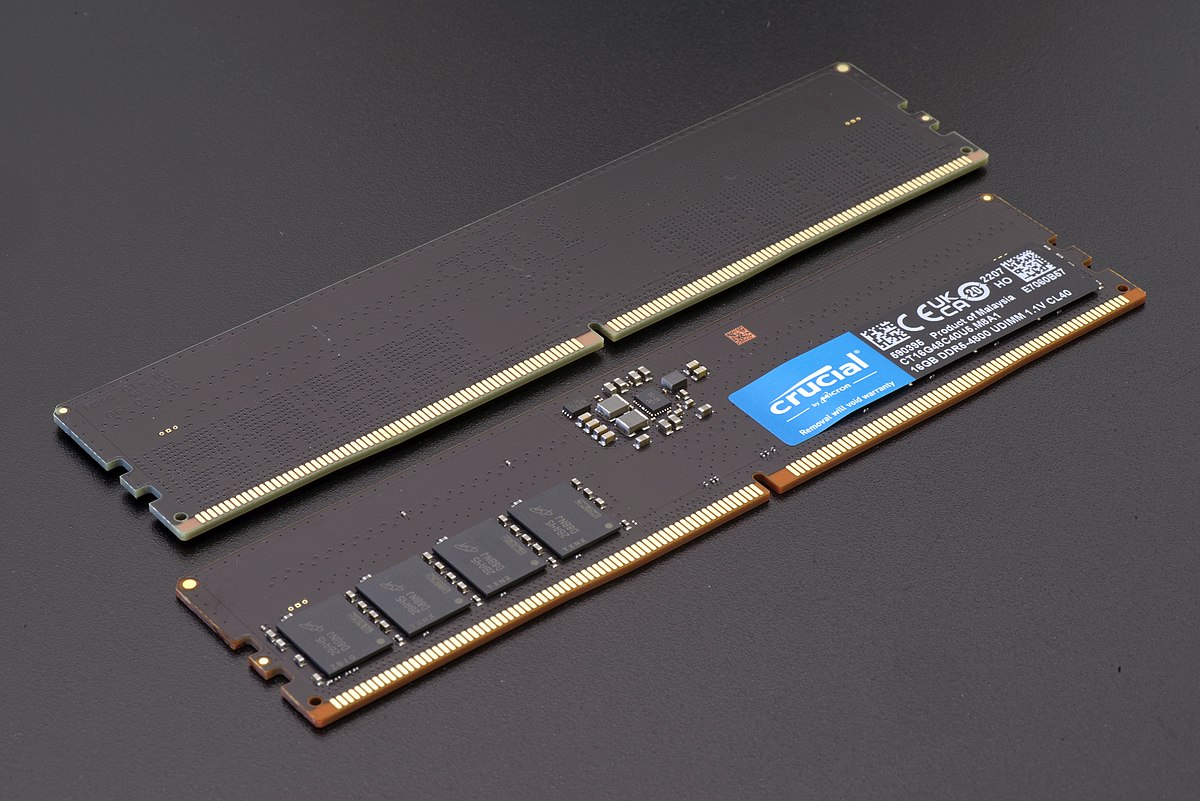JEDEC updates their DDR5 standard to make it faster and safer
JEDEC’s latest DDR5 memory specifications point towards faster memory modules
With their latest update to the DDR5 memory standard, JEDEC has push up the speeds of “standard” DDR5 memory modules to speeds of up to 8800 Mbps. Previously, the JEDEC standard only went up to 6400 Mbps speeds. With this change, JEDEC are paving the way for faster DRAM modules, which is great news for the world of PC hardware.
While faster-than-JEDEC DDR5 memory modules are common, the standardisation of faster DRAM modules is undoubtedly a good thing. For starters, it signals that future CPUs will feature stronger memory controllers that can handle higher DRAM speeds. These higher speed modules will deliver more bandwidth to users, and set a higher bar for the speeds of “overclocked” DDR5 memory.
The JEDEC JESD79-5C standard also brings Per-Row Activation Counting (PRAC) to DDR5 memory. Anandtech speculates that this feature is designed to mitigate rowhammer style attacks. These attacks are not a major concern for normal PC users, and are mostly a concern for cloud service providers.
Additional features offered in JESD79-5C DDR5 include:
- Expansion of timing parameters definition from 6800 Mbps to 8800 Mbps
- Inclusion of DRAM core timings and Tx/Rx AC timings extended up to 8800 Mbps, compared to the previous version which supported only up to 6400 timing parameters and partial pieces up to 7200 DRAM core timings
- Introduction of Self-Refresh Exit Clock Sync for I/O Training Optimization
- Incorporation of DDP (Dual-Die Package) timings
- Deprecation of PASR (Partial Array Self Refresh) to address security concerns
The DDR5 memory standard is evolving, and that is a good thing for the PC market. I wonder what kinds of DR5 memory speeds AMD/Intel’s next-generation CPUs will support?
You can join the discussion on the JEDEC standard adding DDR5-8800 speeds on the OC3D Forums.





